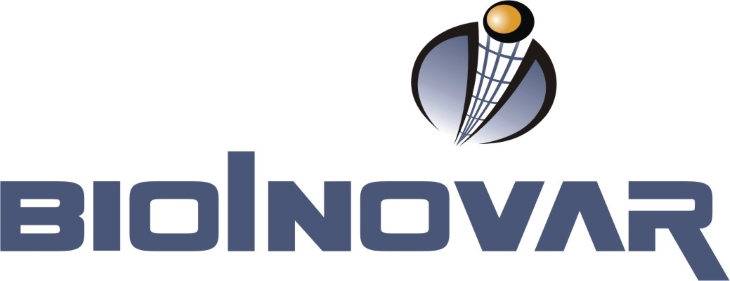Could Cancer’s Microbiome Help Diagnose and Treat the Disease?
06 Oct 2022
Post author: Athayde Neves Junior
In recent years, microbiology has been an important tool to medicine and cancer research fields, changing perspectives of well-known concepts. As example, several researchers and their groups, naming two of them: Ravid Straussman (Weizmann Institute of Science) and Rob Knight (University of California, San Diego), re-defined a dogma of tumor biology after numerous studies in cancer treatment research. They described the presence of resident bacteria associated to cancer, and these cancer microbiotas could help cancerous cell lines to escape chemotherapy (gemcitabine) as well. Thus, it suggests that the dogma which states cancer are sterile environments was wrong. A lot of research is still needed to understand why and how these microbial communities are formed around cancer cells, but it is an important knowledge to be considered, once these microbiotas can be used as target to help in diagnostics of cancer and treatment as well. Full article published on The Scientist can be found at the end of the page.
Athayde has graduated in Biological Sciences: Microbiology and Immunology (2015) from Federal University of Rio de Janeiro (UFRJ, Brazil) in Institute of Microbiology Paulo de Goes, and has done his master’s degree in Sciences: Microbiology (2018) at the same institute and university. Athayde has knowledge in Microbial Biochemistry, Microbial Enzymes, and Industrial Microbiology. At the moment, he is a PhD candidate at UFRJ and Heriot-Watt University (United Kingdom) (sandwich program sponsored by CNPq and Shell), focusing on Industrial Microbiology, Biotechnology and Biopolymers.
Bioinovar website launch
18 Oct 2021

Bioinovar Lab offers adequate facilities for microbiology, biotechnology, metabolomics and chemometrics.
We have expertise in biotransformation of residues into high value-added products using microorganisms.
Our team is made up of people from the most diverse research areas. In this environment we conduct research on:
Biocatalysis,
Enzymes,
Bioinformatics,
Neglected Diseases,
(Bio)Cosmetics and
Bioenergy.
Find out more about our research by clicking here.